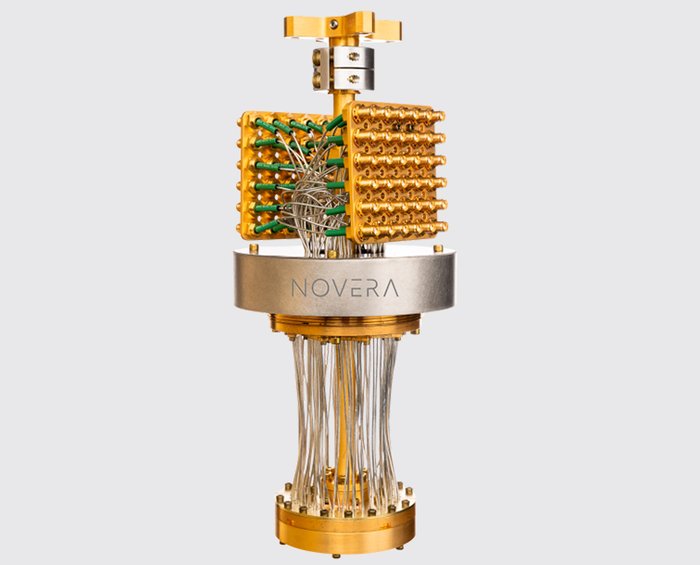Robotics-as-a-service hull cleaning improves efficiency, reduces the carbon footprint of merchant ships
April 25, 2022

Hong Kong hard-tech startup Neptune Robotics Ltd. just completed a major fundraising round for its proprietary ship hull-cleaning robots, which can improve a vessel’s fuel efficiency by up to 20% by removing the biomass that accumulates on its hull.
The $17.25 million series A funding was led by Sequoia China Investment Management LLP, with participation from SOSV Investments LLC and Jingwei Venture Capital (Beijing) Investment Management Consulting Co. Ltd.
Neptune will reportedly use the investment for new hires in the engineering and marine biology fields and to expand its robotics-as-a-service offerings beyond the ports of Hong Kong, Guangzhou, Yantian and Shekou.
Neptune’s data-driven platform uses AI, big data, intelligent cruise positioning and remote control to clean ship hulls both above and below the water line, no matter how murky the water is. Using a cavitational-waterjet system, the industrial-grade ROVs can scrub a ship’s hull without damaging its protective coating.
The system can operate 24-7 in complex scenarios, such as when a ship is loading, unloading, refilling or bunkering. It currently takes a crew of four to operate one of Neptune’s robots; the company is aiming to reduce that number to two people for ships at anchor and one for ships at port.
The slime, barnacles and mussels that begin to accumulate on a ship’s hull within a month of cleaning can decrease a ship’s fuel efficiency by up to 20%, CEO Elizabeth Chan said during an investor presentation. Clean hulls could save the world’s merchant fleet more than $173 billion of fuel every year, Chan said.
“We were immediately impressed with their focus and drive to solve emissions in marine logistics – an area often overlooked in the climate tech space,” SOSV general partner Duncan Turner said. “Unlike many other climate tech companies, Neptune can immediately make a meaningful climate impact (and they have already started).”
Besides the operational benefits of removing the biofouling, a cleaning collects data that allows ship owners to optimize planning, gain insights for performance management and assess the benefits of proactive maintenance, Neptune said.
“We want to improve fuel efficiency, reduce emissions and protect every drop of water in the ocean so that our children will live longer on Earth,” the company said.
About the Author(s)
You May Also Like




.png?width=700&auto=webp&quality=80&disable=upscale)
.png?width=300&auto=webp&quality=80&disable=upscale)


.png?width=300&auto=webp&quality=80&disable=upscale)